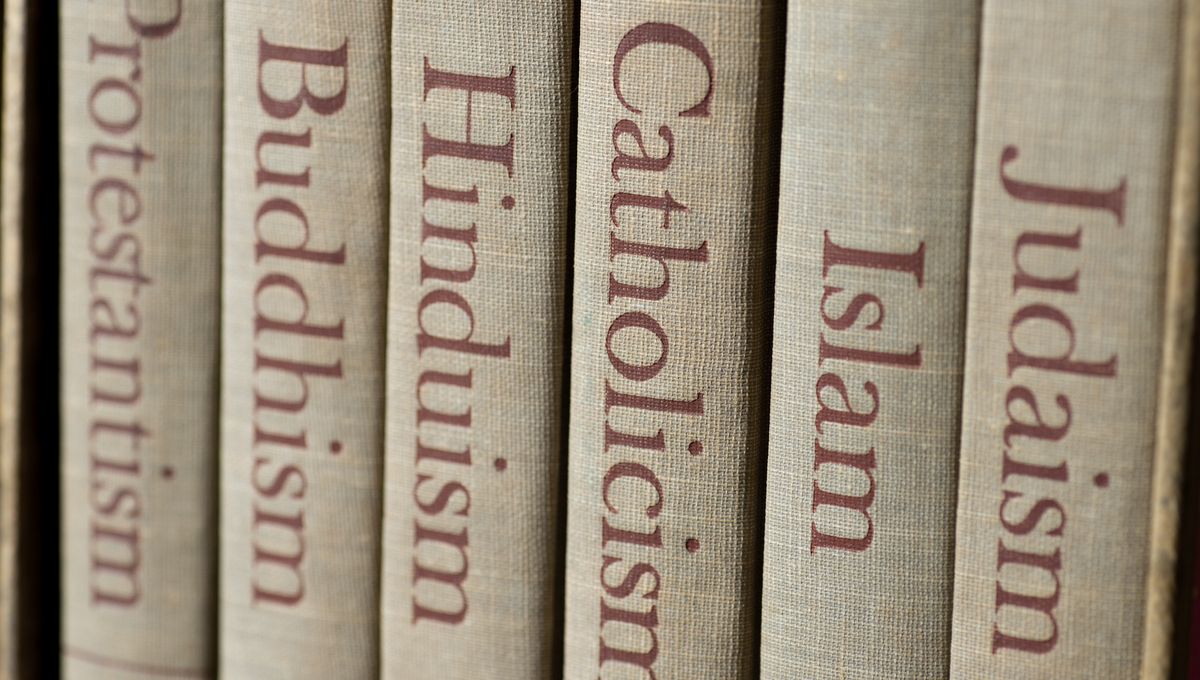
Recent research has investigated the historical role religion has played in politics and how it can still be used to legitimize and justify political power in some societies.
It would not be surprising to know that religion has played a historical role in political economy across the world. The Code of Hammurabi, a Babylonian legal text dated to around 1750 BCE and one of the first written legal documents, begins with the gods identifying Hammurabi as their ruler and intermediary on earth. This is a prime example of what is called “divine legitimization”, whereby a ruler can appeal to powerful gods to justify their rule and edicts. Today, some would point to Sharia law as an overt example where religious doctrine influences politics, while others may highlight the role that official government departments of religion play in America, Russia, and Cambodia.
Despite the various examples of this phenomenon in history and contemporary society, there has been little systematic research on the roots of institutionalization and why religious influence persists in some societies. This was the challenge that Jeanet Sinding Bentzen, associate professor at the Department of Economics at the University of Copenhagen, and Gunes Gokmen, associate professor at the Department of Economics at Lund University, sought to address.
The researchers collected data on religions in 1,265 pre-modern societies and compared this information to current data on religious laws in 176 countries, taken from the Association of Religion Data Archives (ARDA).
“The wealth of information allows us to compare societies that belong to the same language group, have the same level of complexity, subsistence method and level of development – and are located on the same continent”, Bentzen explained in a statement.
Importantly, even where societies are similar in all these parameters, inequality can still be much more significant in one society than another.
“It is clear from the data that societies with greater social inequality are more likely to worship gods that are attributed with a dominant character,” Bentzen added. “On average, moralizing gods are 30 percent more likely to be present in societies with large class differences compared to more equal societies.”
“Moralizing and punishing gods are far more effective as a means of power, while spirits that cannot punish or interfere with human actions are useless for that purpose.”
The researchers also found that societies historically characterized by beliefs in high gods are more likely to discriminate against or favor certain groups in society. This could involve laws that restrict women’s rights or outlaw homosexuality, but it could also involve laws that prohibit blasphemy and extend privileges to specific religious organizations.
In God, the dictator trusts
Another important insight provided by this research relates to autocratic states, systems of government where one person or a small group of individuals have absolute power. According to Bentzen and Gokman, autocracies show a distinct tendency to institutionalize religion in order to secure and legitimize their power.
“The divine legitimacy of the concentration of power in a very small group of people may very well support the persistence of autocracy, because the small group of rulers receives its mandate to exercise power from above and therefore does not have to ask the people,” added Bentzen.
Crucially, the results show that the reliance on divine legitimacy can ultimately lead to the persistence of autocracies, as this sort of institutionalization is often the antithesis of democracy, which lowers the chances of democratization. This in turn means that autocracies will likely establish more institutions to support religion so that their power can be solidified.
This work represents a significant warning, the authors argue. In a world where religion and populism have been on the rise, it is important to understand the roots of such tendencies. Religion is not necessarily a negative force in society – indeed, it can bring positives, such as stress relief, personal hope, and a sense of community – but there is also the danger that it will be co-opted by malicious advocates who use it for political means, especially autocracies.
“There is a wealth of studies showing that religion can have a positive impact on people’s general well-being and societal-level factors. Our study shows that this coin also has a flip side,” Bentzen explained. “Religion is many things. While for some it is a set of beliefs that provide comfort and personal strength, for lawmakers it can be a tool to gain unchallenged power.”
The study was published in The Journal of Economic Growth.
Source Link: Religion Has Been A Barrier To Freedom And Democracy Worldwide, Research Shows